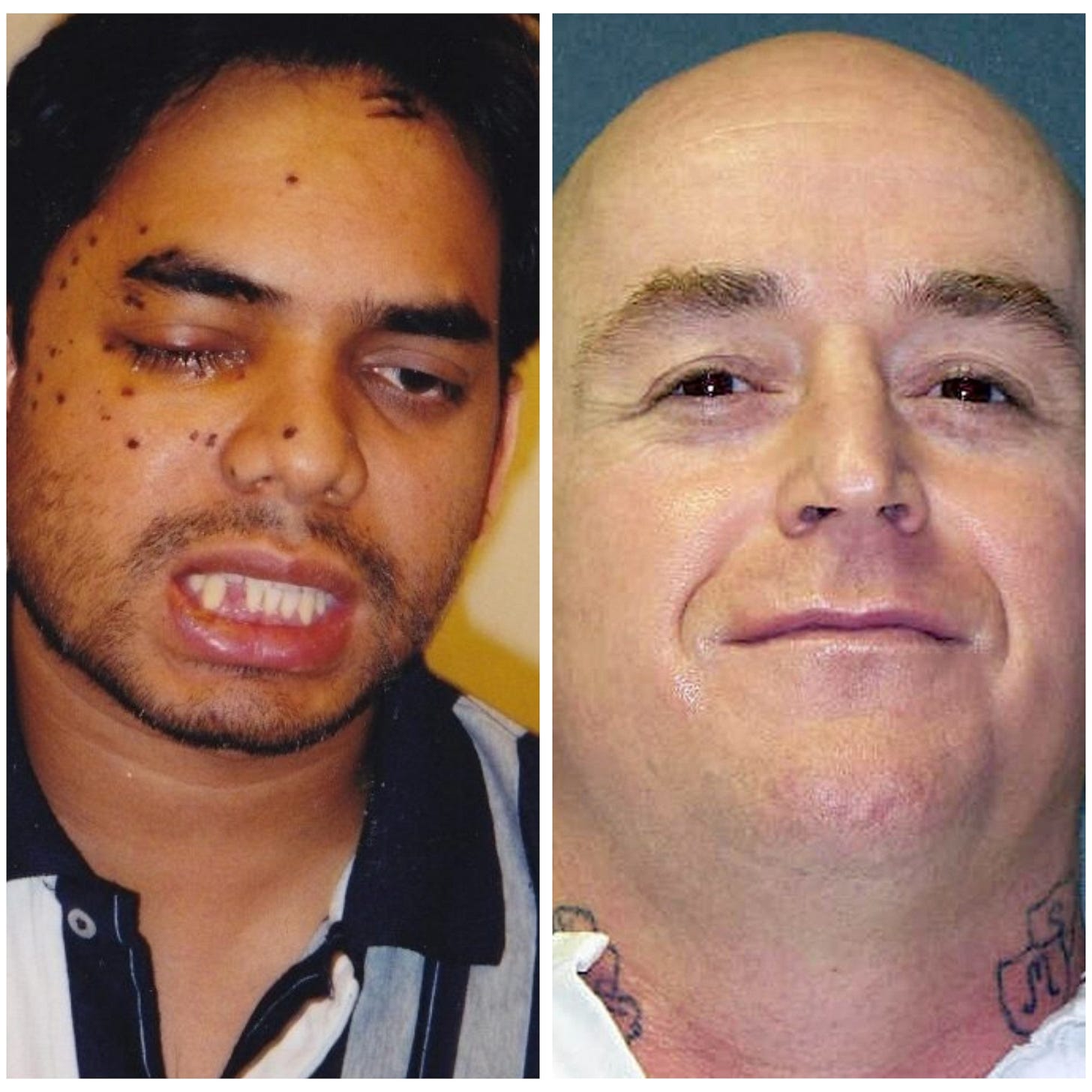Welcome to the Brown History Newsletter. If you’re enjoying this labour of love, please do consider becoming a paid subscriber. Your contribution would help pay the writers and illustrators and support this weekly publication. If you like to submit a writing piece, please send me a pitch by email at brownhistory1947@gmail.com. Don’t forget to check out our SHOP and our PODCAST. You can also follow us on Instagram and Twitter.
Rais Bhuiyan: The 9/11 Hate-Crime Survivor Who Forgave His Attacker by Angel Bista
As a victim of terrorism-turned-restorative justice advocate and inspirational speaker, Rais Bhuiyan’s story is as nuanced as it is inspiring. He is the founder and president of World Without Hate, an organization that is “on a mission to change the world through empathy, understanding and inclusion”. Bhuiyan is now an internationally known speaker and human rights activist, but 20-odd years ago, on September 21, 2001, he was just another inconspicuous immigrant from Bangladesh—working as a gas station clerk in Dallas to make his dreams of attending school a reality. That very afternoon would bring with it a series of events that tore apart the lives of three South Asian men and their families, alongside propelling Bhuiyan to the national platform a decade later.
Rais Bhuiyan’s story was like that of many South Asian immigrants to America. Highly motivated and accomplished, Bhuiyan was an officer in the Bangladeshi Air Force. He had moved to America on the promise of a better education and a brighter future—arriving in New York City and eventually finding himself in Dallas in 2001, in hot pursuit of that dream.
Mark Stroman, on the other hand, was a thirty-two-year-old deadbeat with an extensive criminal history, and associations with hate groups like the Aryan Brotherhood of Texas.
In light of recent events, namely, the terrorist attacks of September 11, 2001, Stroman had begun grumbling to friends about killing “Arabs”—who, to this Texan white supremacist, meant anyone with brown skin and an accent—as revenge for 9/11. None of his friends, co-workers, or even boss took him seriously. Five days later, he shot his first victim.





